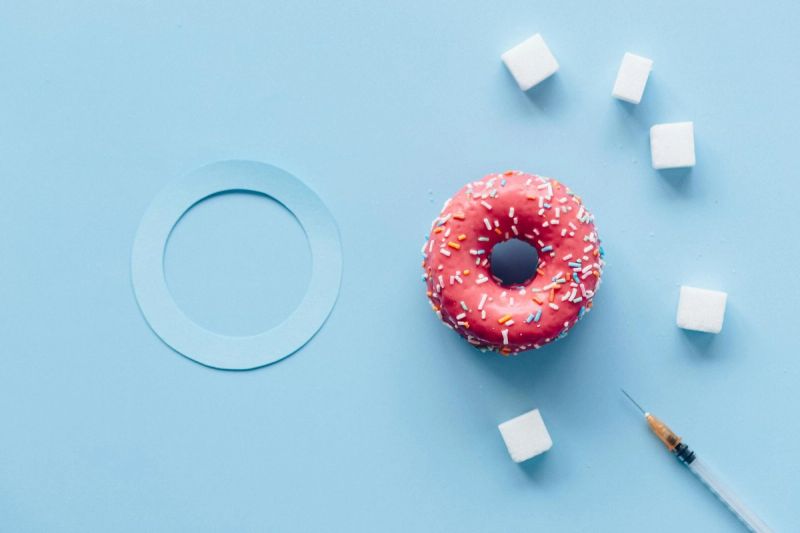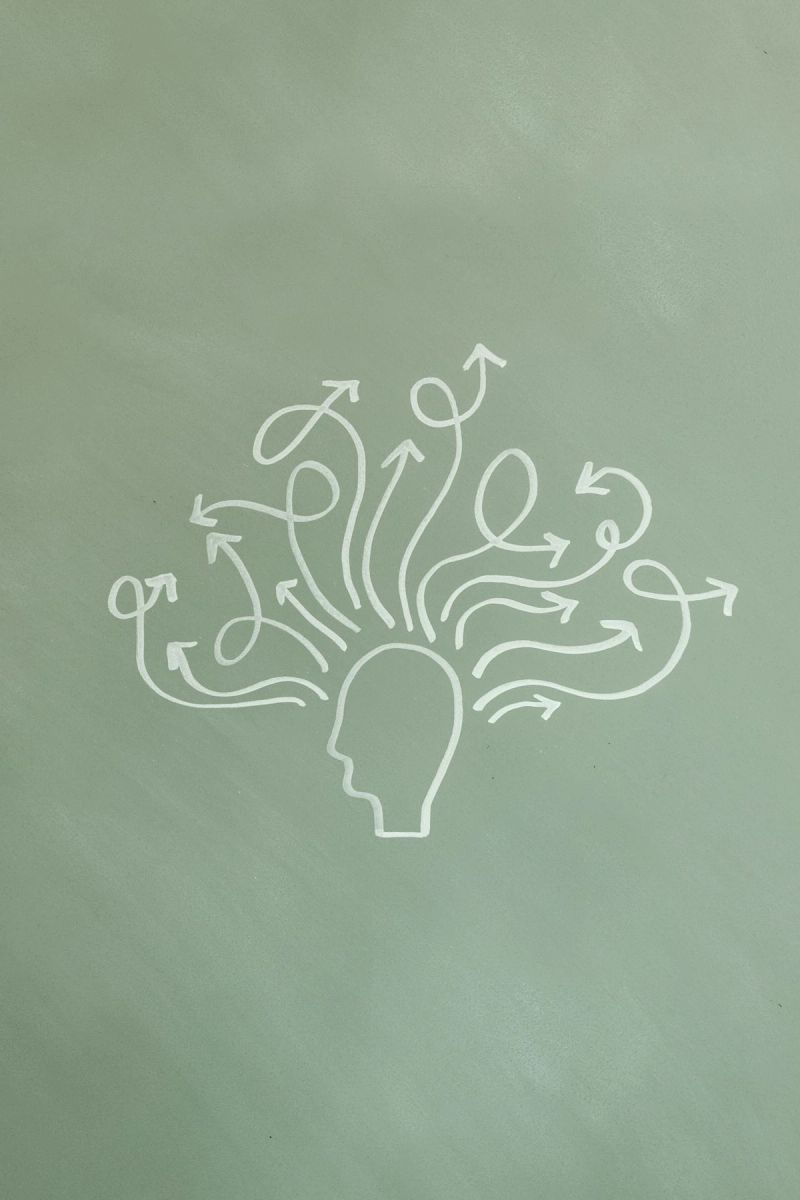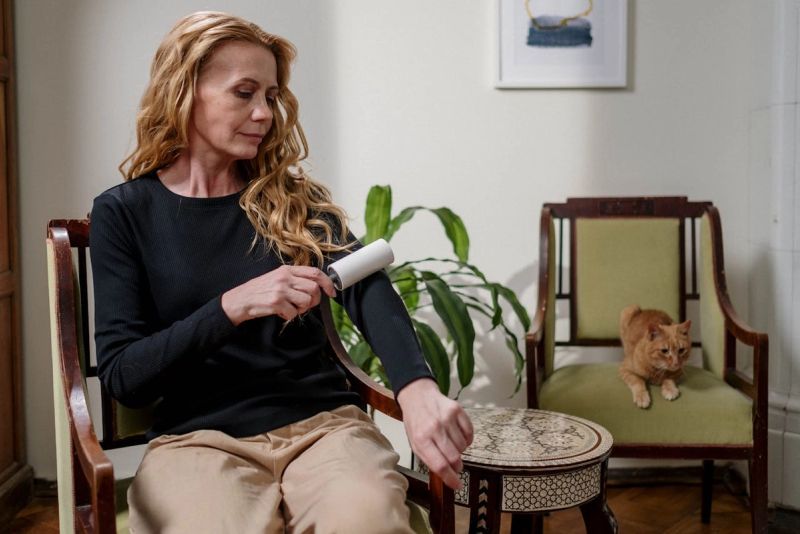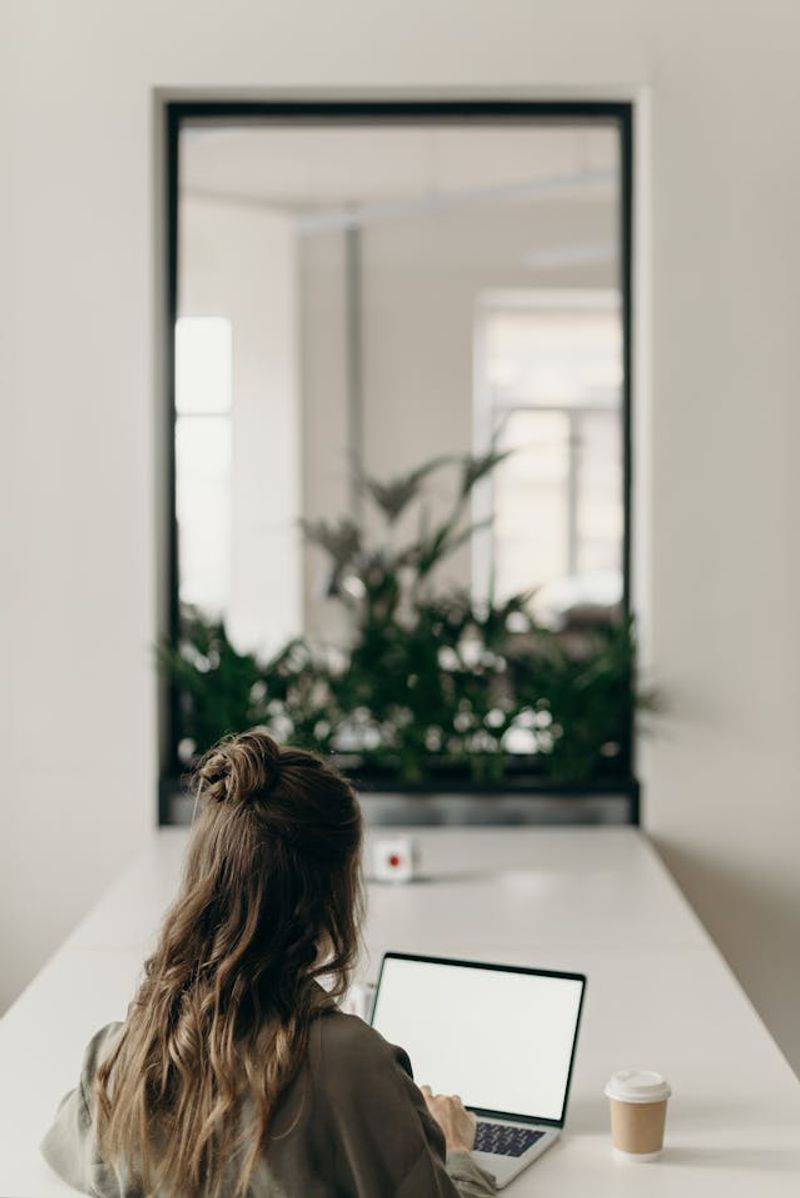
How to Deal with Body Image Issues
Body image is a person’s perception of their physical appearance and their level of attractiveness. Concerns regarding one’s body image are common. These worries frequently centre on one’s weight, skin, hair, or the size or shape of a certain bodily part.
But our perception of our bodies does not just come from what we see in the mirror. A variety of assumptions, experiences, and preconceptions also play a role, according to the National Eating Disorder Association (NEDA).
The human body’s beauty has been valued by people throughout history. These ideas are frequently shaped by society, the media, social media, and popular culture, which can change how an Individual perceives their own body.
People who are constantly exposed to media pictures may feel insecure about their bodies, which can be stressful and unhealthy. It may also impact other facets of life, such as job and social interactions.
Body image and health behaviors
The likelihood of participating in harmful lifestyle habits including dieting or restrictive eating, excessive exercise, and other disordered eating or weight control behaviors rises when one has a negative body image.
An eating disorder can emerge as a result of dieting. According to research, even “moderate” dieting raises the possibility that young girls may develop an eating disorder. Although dieting is accepted in society, it can have major negative effects on physical health, and for most people who lose weight through dieting, the weight is eventually gained back. Dieting cannot be sustained. Instead, one should concentrate on consuming a variety of foods for enjoyment and nutrition and make an effort to be flexible with their diet.
Positive body image
A positive body image can also be understood as- An all-encompassing love and respect for the body that enables people to:
(a) Recognize the special beauty of their bodies and the functions they carry out for them.
(b) Accept and even admire their bodies, even those aspects that defy idealized representations.
(c) Feel beautiful, at ease, confident, and happy with their bodies, which is frequently reflected as an outer radiance, or a “glow”.
(d) Focus on their body’s positive qualities rather than linger on its flaws.
(e) Interpret incoming information in a way that protects their body by internalizing the majority of positive information and rejecting or reframing the majority of negative information.
Body image issues among men
In recent years, men are now more likely to experience “muscle dysmorphia,” eating disorders, and issues with excessive exercise. Male body image difficulties are especially common among young adults, which is exacerbated by the irrational expectations that the media and social media impose.
Male body image problems don’t happen by themselves. These unhealthy behaviors and co-occurring disorders are frequently caused by mental health issues and low self-esteem in men. Anxiety and depression are highly correlated with male body image difficulties, according to a meta-analysis of 23 studies, the majority of which involved young males at Western universities.
Tips that can help men to find healthy coping strategies around body image issues:
Limit your social media usage or modify what appears in your feed to prevent making unfavorable social comparisons.
Find safe spaces to discuss about your challenges with negative body image issues and be open about them.
Develop a strong sense of self and a healthy masculinity by engaging in non-body-image-related activities like volunteering, nature excursions, and creative expression.
Make a deal with yourself to respect your body by eating healthy and refraining from rigorous workout regimens, fad diets, and drug use.
Young males may require mental health care in order to recover from the stress, despair, trauma, and suicidal thoughts related to male body image difficulties. Young people who struggle with low self-esteem can benefit from modalities like Cognitive Behavioral Therapy, mindfulness practices, and Attachment-Based Family Therapy, which help them develop better habits and coping mechanisms.
Body image issues among women
Women’s perceptions of their bodies are shaped by their personal, social, and cultural experiences, and they frequently feel pressure to conform to an idealized body type. Unfortunately, very few people—if any—can actually attain the airbrushed perfection that the media portrays.
Many women have a distorted idea of how they look, frequently thinking they are bigger and thicker than they actually are. They experience the combined effect of being stuck in a cycle of dieting and ongoing failure and guilt. This may occasionally result in eating disorders, disordered eating practices, and detrimental effects on physical health in general.
Body image can have an impact on a woman’s relationship with exercise. Women who are self-conscious or uncomfortable with their looks, size, or form may choose not to exercise. It’s possible that they believe that participating in certain activities or being active exposes their body to the public. Alternatively, a woman may overwork out or engage in excessive physical activity in an effort to shed pounds or alter their body type. In order to maintain or improve physical fitness, frequent physical activity must be joyful and enjoyable. This is the definition of having a healthy relationship with physical activity. Instead of concentrating on weight loss or altering your body’s size or shape, try to think about the advantages of physical activity for your physical, mental, and social health.
Tips that can help women to find healthy coping strategies around body image issues:
Try to understand how your body image has changed throughout the course of your life by reflecting on your experiences.
Instead of concentrating on aspects that are related to your appearance, celebrate the positive traits, abilities, and interests you possess as a person.
Take a break from women’s publications and the media (including social media). Filter your social media feed to prevent engaging with messages that are centered on appearance.
Instead of focusing on weight loss, switch your food and exercise goals to bettering your health.
Ways to combat body image issues
2. Understanding diet
According to research, when restricted eaters are exposed to advertising for diet, fitness, or weight loss, they feel bad and are more inclined to overeat as a result. An intuitive eating strategy can help you overcome the diet pitfall. This method avoids calorie counting and label reading in favor of moderation of all foods.
3. Accepting emotions
Finding the emotions and feelings behind your negative body image is crucial. When we are unsure of how to handle our emotions, we turn to our bodies and attribute our emotions to them. Discover your thoughts and sentiments and acknowledge that concentrating on your body just serves to divert your attention from what is “really” upsetting you.
People receive strong messages from the media regarding the acceptability (or unacceptability) of their bodies. It’s critical to begin challenging media representations and asking why we feel pressure to “live up” to these inflated ideals of beauty and strength of character.
In order to avoid sadness, shyness, social anxiety, and self-consciousness in personal relationships, it is crucial to overcome poor body image. A good counselling psychologist can identify the negative subconscious psychic impressions stored in your mind and allow you to work upon them and neutralize the negative body image issues. It’s time to stop brutally criticizing our bodies and start appreciating their psyche, spirit, and soul.
Conclusion
Expecting to always feel wonderful about your physique is unrealistic. In this culture, it’s nearly impossible to maintain your sanity around your body and food. Accept that you’ll experience uncomfortable feelings from time to time, and don’t be hard on yourself if you do. Everyone occasionally has bad thoughts about their appearance, but when these detrimental habits are a result of those beliefs, it’s time to get professional assistance to deal with the issue.
Seeing a mental health expert will be helpful if one’s body-related concerns are distressing. They can assist someone in investigating the causes of these worries and figuring out how to deal with them. A growing variety of materials are also available to assist you in developing a positive self-perception.
You have survived every experience in your life thanks to your physique. Your heart continues to beat. And you continue to breathe in and out. So that you can peacefully follow your own beautiful path, you can start taking action today to mend your body image.





